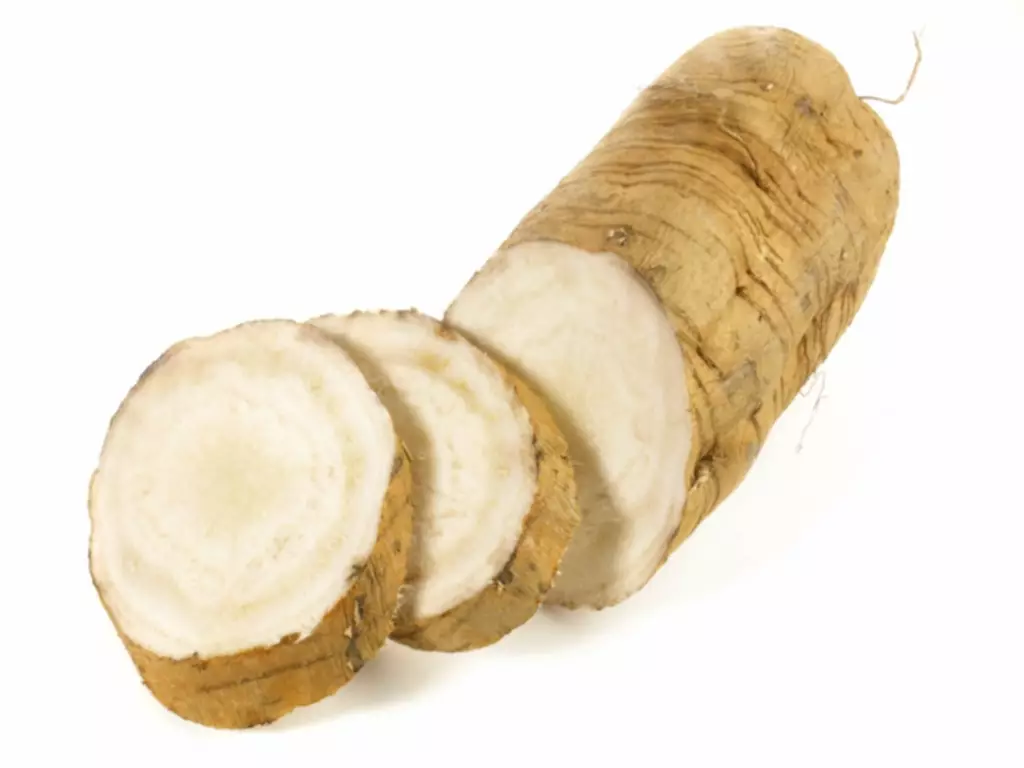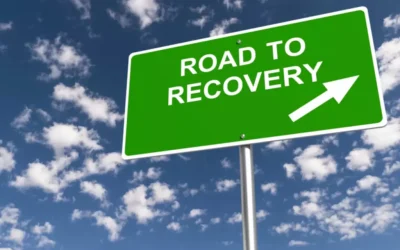6 Ways Drugs & Alcohol Can Affect Relationships Riverside Recovery of Tampa
Content
- How To Have A Difficult Conversation About Addiction With Your Loved One
- AspenRidge Recovery – Alcohol and Relationships
- Overcoming Alcohol Addiction at Renaissance Recovery
- The Relationship Between Alcoholism and Divorce:
- Dopamine and the Susceptibility of Men to Alcoholism
- INTERVENTIONS: INITIAL DECISION-MAKING
- Is Alcohol Affecting Your Relationships?
Families
engage in a wide range of responses to drinking, including behaviors that
support or tolerate the drinking, confront or control the drinking, or attempt
to withdraw from the drinking or the drinker. Give
Client Choices
Providing clients who have drinking problems with choices about how to select
https://ecosoberhouse.com/ treatment options and how to articulate treatment goals will result in better
treatment retention and more positive outcomes. Instead of assuming an authoritative
stance that directs the drinker to one course of action, you can provide choices
that help the drinker to become knowledgeable about these options.
Is drinking a problem in a relationship?
The impact of alcohol on relationships is widespread and can affect every single relationship a person is a part of. From intimacy problems and lack of emotional availability to the financial burden and negative effects on children, alcohol use disorder can affect partners, their children and other family members.
Express
Empathy
Empathy implies an acceptance of each family member’s experience, perspectives,
and emotions, and requires the ability to express this acceptance in a warm,
compassionate manner. Appendix A features
copies of exemplary instruments for both screening and problem assessment,
creating a complete “Clinical Toolbox” for you to use in your practice. Changes in how alcoholism affects relationships your personality can cause you to interact differently with the people around you — and not always for the better. Relationships thrive when you can effectively communicate with each other, but it can be hard to do that when you’ve been drinking. Keeping a distance will also prevent your loved one from influencing you to allow the addiction to continue or crossing boundaries.
How To Have A Difficult Conversation About Addiction With Your Loved One
A quiet, reserved person, for example, might become confrontational or verbally abusive. Someone who usually doesn’t express their feelings might become overly emotional after drinking. Attending events held only where alcohol is available or spending time only with others who drink alcohol could be an early sign of alcohol use disorder. For example, someone who is developing a problem with alcohol would forgo a Little League game in favor of a college game and tailgate parties. They might go see an occasional movie with you, but they’d suggest going to a bar afterward. When someone at risk for developing an alcohol use disorder continues to drink, the signs become more apparent and numerous until the problem finally becomes obvious.
- When both partners have been drinking, the role of alcohol may be even greater because of the potential for it to affect the thinking, perceptions, and risk-taking of both partners.
- For specific questions about your health needs or that of a loved one, seek the help of a healthcare professional.
- Groups typically focus on helping acquaintances and loved ones understand that they are not responsible for the behavior and actions of a sufferer of alcoholism.
- The presence of
weapons in the home, particularly guns, also should be noted. - They can help determine whether what you’re experiencing is alcohol use disorder and recommend further evaluation or treatment if necessary.
With MAT (medication-assisted treatment), the intensity of alcohol withdrawal symptoms and cravings can be reduced through one of several FDA-approved medications. MAT is most effective when delivered in combination with talk therapies like CBT or DBT. You’ll have access to both if you engage with one of our treatment programs. When lies and suspicion build, this places a significant strain on romantic relationships, possibly even leading to a breakup.
AspenRidge Recovery – Alcohol and Relationships
Stating
Specific Limits
Family members may have decided on limits about what they will tolerate, and
what they plan to do should the drinking continue unchanged. Knowledge about
such limits might have an important influence on the drinker’s decision-making. Supporting
the Drinker’s Attempts to Change
This is a topic that may continue through future sessions, but which can be
introduced during the brief intervention. As the drinker decides upon a course
of action, you may ask the family to consider ways to support these actions. RAISING
DRINKING ISSUES IN THE CONTEXT OF FAMILY THERAPY
There are no simple answers to the clinical decisions outlined above. FROM
SCREENING AND ASSESSMENT TO DECISIONS AND ACTION
Figure 2 summarizes the process of screening and problem assessment that we
have described thus far.

Indeed, alcohol provides temporary euphoria, but it’s often superficial and short-lived. As drinking becomes more habitual, alcohol can cause or trigger feelings of depression in many people. This co-occurring condition of major depressive disorder and alcoholism has lasting impacts. In this article, we will explore the effects of alcohol on relationships and the steps individuals can take to address their addiction and repair their relationships.
Overcoming Alcohol Addiction at Renaissance Recovery
Like most things in life, change brings about fear because we aren’t sure what to expect. Living in that fear and choosing the path of inaction will most likely produce negative results for you and your alcoholic spouse or partner. When you become committed to helping your loved one, the most effective thing you can do first is take care of yourself. If you are committed to doing everything you can to help the alcoholic and salvage your relationship, then you may benefit from an alcohol recovery program for spouses and families. If one person does not trust the other, they will struggle with jealousy, insecurity, anxiety and other feelings which can derail a relationship. Their partner, on the other hand, will feel resentment at not being trusted.

Physical and psychological symptoms of an alcohol withdrawal timeline present when someone who is dependent on alcohol abruptly stops or significantly moderates their alcohol intake. When you complete your course of treatment, we’ll ensure you have the appropriate level of aftercare in place so you and your loved ones can enjoy all that sober life has to offer. If you or your loved one find they no longer recognize the person they fell in love with, it’s inevitable that relationship problems will ensue. Furthermore, drugs and alcohol may lower inhibitions encouraging someone to be more willing to engage in risky behavior such as sharing drug paraphernalia or engaging in unprotected sex. People who struggle with substance use issues often become secretive and take extra precautions to protect their privacy. They may become less friendly or more suspicious when people start asking them questions.

Commenti recenti